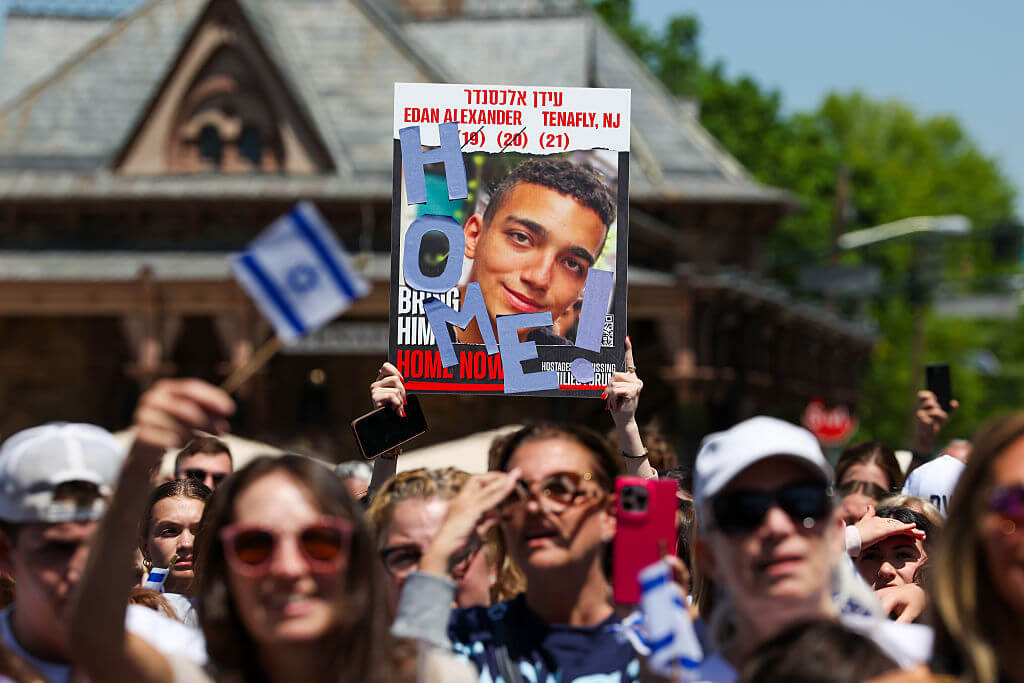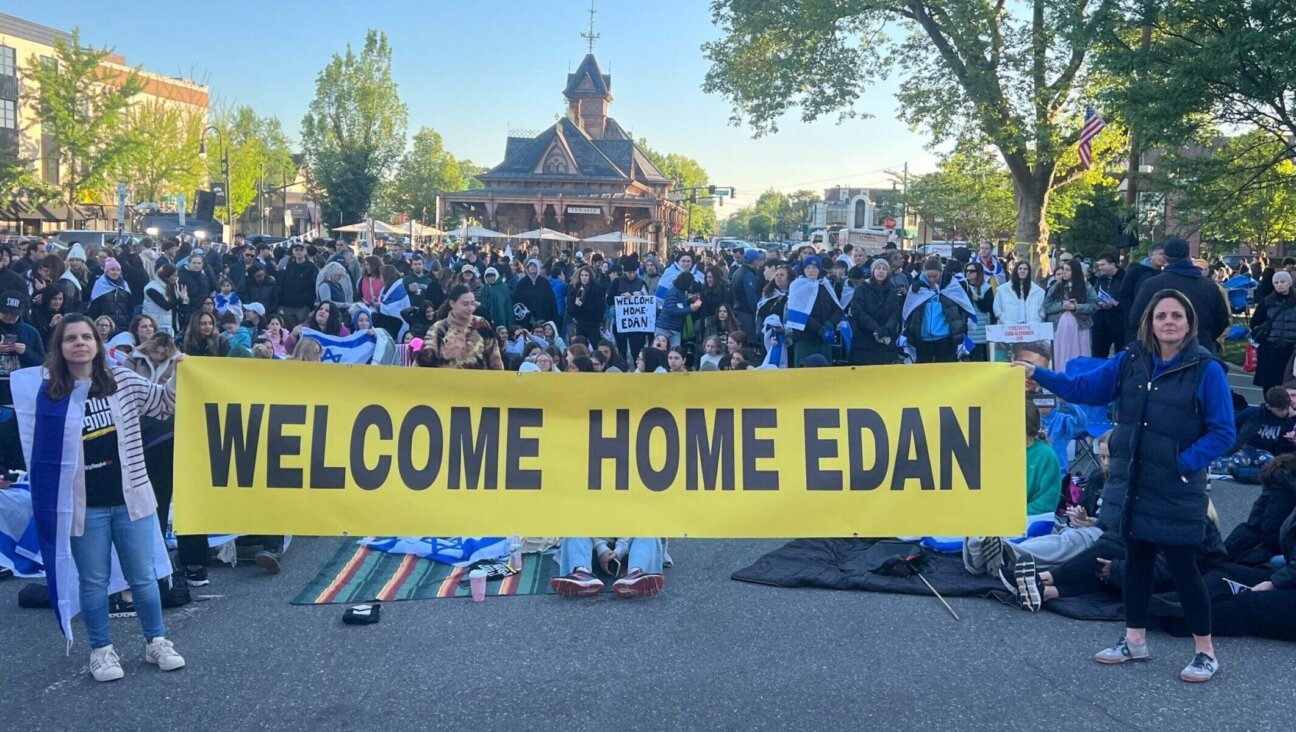Germany Relaxes Criteria for Holocaust Survivors
Following negotiations with the Claims Conference, Germany has agreed to loosen the criteria for payment to certain survivors of ghettos.
Under the new rules, which go into effect Jan. 1, any Jew who spent at least 12 months in a ghetto, in hiding or living under a false identity will be eligible for a monthly pension ranging from $350 to approximately $400. Until now, the minimum time requirement was 18 months. The change will add an estimated 8,000 survivors to the pensions, which come from the Article 2 Fund and the Central and Eastern European Fund.
Germany also has agreed to provide special pension payments to those who spent three to 12 months in a ghetto and are older than 74. The change is aimed at survivors of the Budapest ghetto, which operated from November 1944 to January 1945, and is expected to affect about 4,500 survivors next year and another 3,500 survivors once they hit age 75. The payments will amount to about $325 per month for survivors in the United States and $270 per month for those living in Eastern Europe.
“This momentous agreement reached is the result of many months of intense negotiations and effectively closes the chapter on gaps in compensation for ghetto survivors,” Stuart Eizenstat, special negotiator for the Claims Conference, said in a statement. “We will continue to press for greater liberalizations to ensure that no Holocaust survivor is deprived of the recognition that each deserves.”
In all, the Claims Conference estimates that the changes will result in an additional $650 million in payments to survivors.
“We have long emphasized to the German government that they cannot quantify the suffering of a Holocaust survivor who lived in the hell of a ghetto,” Julius Berman, chairman of the Claims Conference, said in a statement.
Last week, Germany had announced additional one-time payments from its Ghetto Fund for “non-forced” laborers.
The Forward is free to read, but it isn’t free to produce

I hope you appreciated this article. Before you go, I’d like to ask you to please support the Forward.
Now more than ever, American Jews need independent news they can trust, with reporting driven by truth, not ideology. We serve you, not any ideological agenda.
At a time when other newsrooms are closing or cutting back, the Forward has removed its paywall and invested additional resources to report on the ground from Israel and around the U.S. on the impact of the war, rising antisemitism and polarized discourse.
This is a great time to support independent Jewish journalism you rely on. Make a gift today!
— Rachel Fishman Feddersen, Publisher and CEO
Support our mission to tell the Jewish story fully and fairly.
Most Popular
- 1

Fast Forward Ye debuts ‘Heil Hitler’ music video that includes a sample of a Hitler speech
- 2

Opinion It looks like Israel totally underestimated Trump
- 3

Culture Is Pope Leo Jewish? Ask his distant cousins — like me
- 4

Fast Forward Student suspended for ‘F— the Jews’ video defends himself on antisemitic podcast
In Case You Missed It
-

News In Edan Alexander’s hometown in New Jersey, months of fear and anguish give way to joy and relief
-

Fast Forward What’s next for suspended student who posted ‘F— the Jews’ video? An alt-right media tour
-

Opinion Despite Netanyahu, Edan Alexander is finally free
-

Opinion A judge just released another pro-Palestinian activist. Here’s why that’s good for the Jews
-
Shop the Forward Store
100% of profits support our journalism
Republish This Story
Please read before republishing
We’re happy to make this story available to republish for free, unless it originated with JTA, Haaretz or another publication (as indicated on the article) and as long as you follow our guidelines.
You must comply with the following:
- Credit the Forward
- Retain our pixel
- Preserve our canonical link in Google search
- Add a noindex tag in Google search
See our full guidelines for more information, and this guide for detail about canonical URLs.
To republish, copy the HTML by clicking on the yellow button to the right; it includes our tracking pixel, all paragraph styles and hyperlinks, the author byline and credit to the Forward. It does not include images; to avoid copyright violations, you must add them manually, following our guidelines. Please email us at [email protected], subject line “republish,” with any questions or to let us know what stories you’re picking up.














